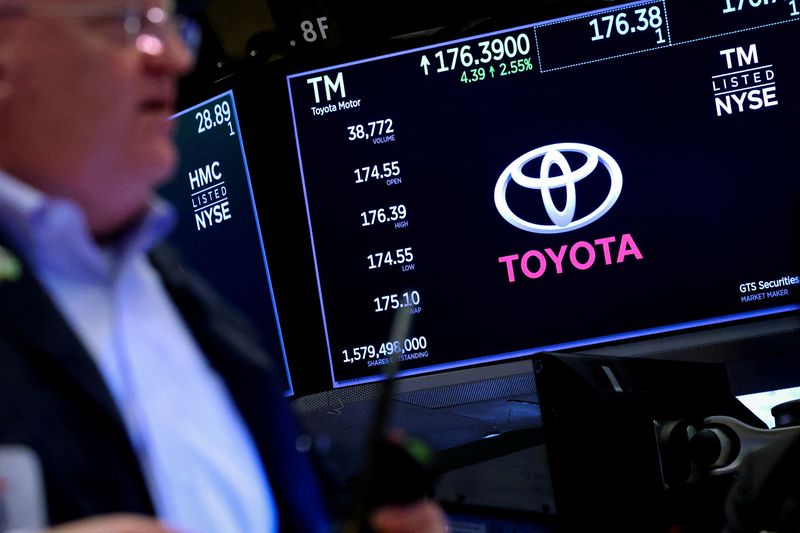How the Delayed US Inflation Report May Change Fed Day
NeutralFinancial Markets

The US Labor Department is bringing furloughed employees back to work to compile the Consumer Price Index report, which is crucial for understanding inflation trends. Bloomberg TV's Mike McKee discusses the potential implications of September's numbers and how the Federal Reserve might respond. This is significant as it could influence monetary policy decisions that affect the economy and consumers.
— Curated by the World Pulse Now AI Editorial System













